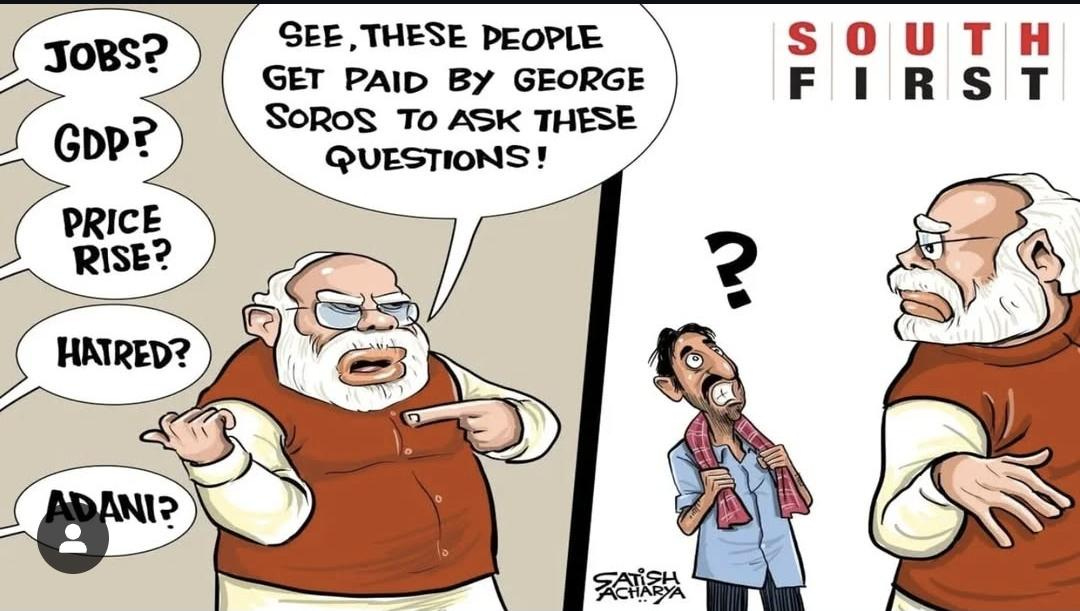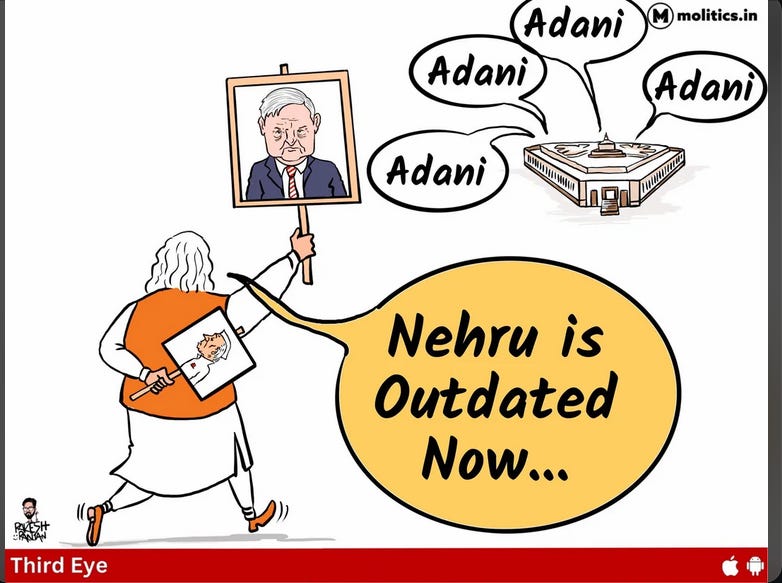Communal Tensions Surge in India as Anti-Muslim Sentiments Rise
Incidents in Tripura and Uttar Pradesh reveal a troubling trend of escalating religious conflicts and controversial statements, sparking fear and calls for accountability in the affected communities.
The Dalit professor at Sri Venkateswara University in Andhra Pradesh was reportedly attacked by members of the Bajrang Dal, a right-wing group, inside the campus. Dr. Ch Changaiah, known for his advocacy for social justice and Dalit rights, was allegedly roughed up during a confrontation with the group. This incident is part of a recent trend of violence against Dalit individuals, heightening concerns over caste-based discrimination and atrocities in the region. Law enforcement is actively investigating the matter and searching for the perpetrators.
The "one nation, one subscription" scheme proposed by the Centre to provide access to academic journals for higher education institutions has raised concerns among faculty members and academics. While the government claims it will benefit millions of students and researchers, there are fears that it could restrict academic freedom. Academics worry about potential limitations on journal access and the lack of clarity on journal selection processes. Some argue that existing networks and resources are sufficient, questioning the need for this government intervention, which they view as an infringement on academic freedom.
A Muslim couple in India were forced to sell their house in Moradabad after Hindu neighbors protested the sale, citing religious reasons. The protests escalated, demanding the revocation of the sale and urging the Muslim family to leave due to safety concerns and proximity to a local temple. The incident reflects growing religious polarization in India under the BJP-led government. The pair, previously welcomed by neighbors, faced discrimination despite a lack of legal barriers. The incident sparked outrage and debate on social media regarding religious freedom and constitutional rights.
Pranav, a six-year-old Dalit student in Kerala, faced caste-based discrimination at St. Benedict’s LP School, where his teacher forced him to clean a classmate's vomit. Despite the school's lack of meaningful action, Pranav's parents transferred him to a government school for his mental well-being. The school management's attempts to downplay the incident led to a police complaint registered under the Juvenile Justice Act and SC/ST (Prevention of Atrocities) Act. Advocates stress the need for strict action to address caste discrimination and ensure the safety and dignity of all students.
Aljazeera discusses the growing tensions between Hindus and Muslims in Tripura, India, focusing on the events in Kadamtala. It narrates the escalation of violence following a dispute over Durga Puja subscriptions and inflammatory social media comments. Clashes between Hindus and Muslims led to casualties, widespread property damage, and allegations of police inaction. The article also highlights the changing religious dynamics in Tripura, traditionally known for ethnic rather than religious conflicts, and notes the rise in instances of communal violence since the BJP came into power. The situation has left the Muslim community in fear, with ongoing tensions affecting business and social interactions in Kadamtala.
Uttar Pradesh Chief Minister Adityanath defended Allahabad High Court Judge Shekhar Yadav for his remarks, claiming the judge spoke the truth and advocates for a Uniform Civil Code. Adityanath criticized the Opposition for seeking the judge's impeachment, arguing that expressing what benefits the majority should not be deemed a crime. However, Yadav's speech included derogatory remarks towards circumcised Muslims, portraying them as harmful to the country. The judge's statements about different values taught to children from Hindu and Muslim communities stirred controversy, with Adityanath slamming the impeachment calls as undemocratic and accusing the Opposition of stifling the Constitution.




